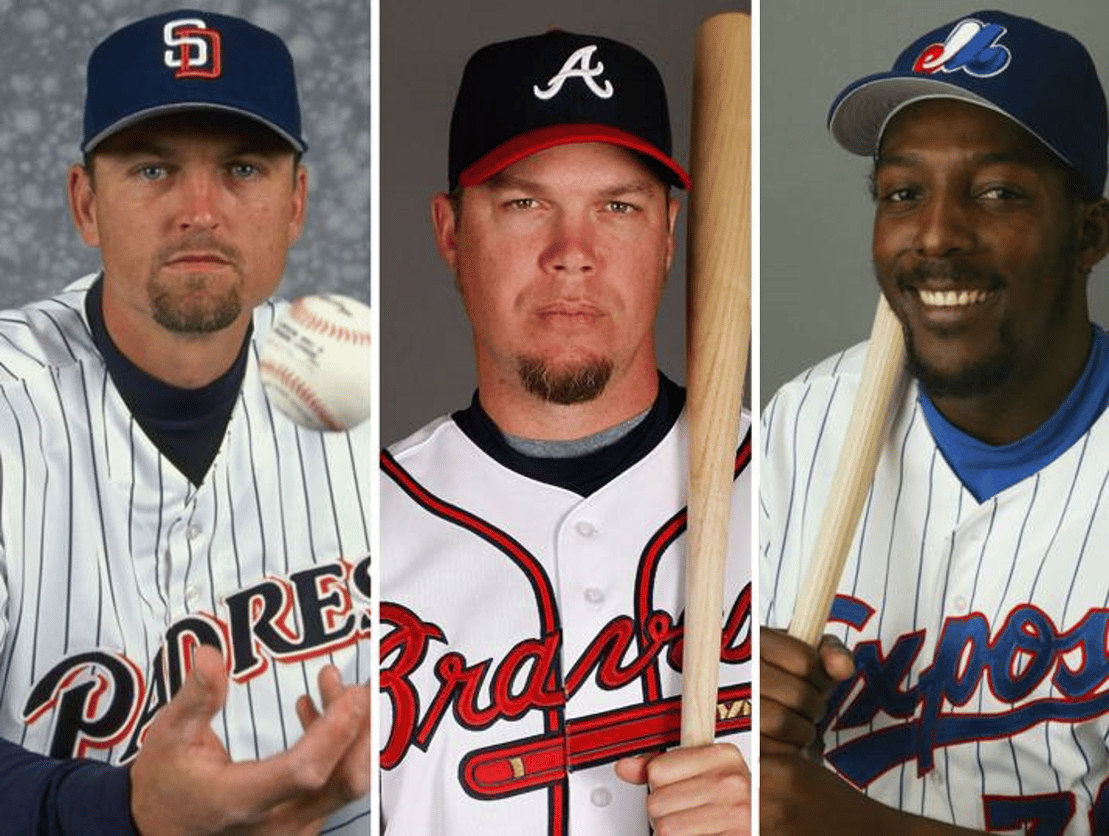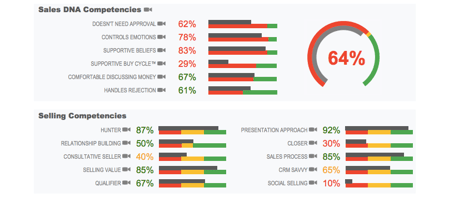Throwback Thursday Post:
In this blog post, we take you back to the year 2016 when Kobe Bryant was playing in his last game for the Los Angeles Lakers. It got us talking about elite sales performers and the idea that they prepare and perform at the highest capabilities regardless of the situation, the score, the environment or circumstances.
So, who are your elite players and are they doing the things that superstar/hall-of-fame players normally do in the selling world?

Kobe Bryant will be retired from NBA basketball when the final buzzer sounds in tonight’s game against the Utah Jazz. If you are not a basketball fan or sports fan, this may mean nothing to you. My intent is to frame a very important discussion about performance around a former legend of the LA Lakers and the National Basketball Association.
As I listened to ESPN Radio Mike and Mike in The Morning, I heard commentary from former teammates, coaches and opposing players. There was a common theme in their discussion about Kobe Bryant and elite performers in athletics. To be clear, I don’t believe the common theme is limited to athletic top performers.
As I started this article, I sent a question to my niece, Laura. Laura is an elite performer and vocalist who performs in the greater DC/Baltimore area. I asked her if she ever bailed on a performance because she felt a little off or hadn’t prepared properly.
Her response: “No way! I’ve sung through bronchitis and pneumonia hopped up on steroids when I had to. The show must go on!”
Some comments made about Kobe made me think about the content and theme of this article. Here is just a sampling of what was said about Kobe and other top performers:
- They demanded the best of others. When others were not performing at their best, giving it their all in practice or in a game, they call them out.
- When it’s game time, nothing else matters. When Kobe’s family came to LA to watch him play, they stayed at a hotel instead of his spacious home. He focused on the task at hand.
- Regardless of the score of any game, if you watched Bryant play, you would swear that the Lakers must be down by 20. His intensity for playing the game, rather than playing the score, made him elite.
- Elite players make other players better. They recognize that they are a big piece of the puzzle, but still only one piece. They elevate the game of others in order to win the team.
- Elite players have a tendency to rub others the wrong way. Not because they are arrogant individuals, but they have an arrogance about how they view the game, how it should be played, and how one should be prepared to play. They are haters – haters of losing and those unwilling to pay the price to win.
I could go on, but this makes the point and takes me to the question in the title of this article – Who are your elite players and are they doing the things that superstar/hall of fame players do?
- Are your all-star salespeople elevating others?
- Are they demanding of others?
- Are they team-objective focused or focused on their own stats?
- Do they do everything possible to win individually and get others to win as a team?
- Are they your "go-to" people in a crisis?
- Do they grind and grind to get it done?
- Do they work relentlessly on their skills?
- Do they focus on the details of the game to eliminate repeated errors or mistakes?
- Do they call others out when necessary?
As a CEO, president, national sales manager, vice president of sales or sales manager, the responsibility you have is to drive revenue. When that seems difficult or impossible, there must be more to the solution than just "work harder, see more people, increase the marketing budget, do more social networking, expand the sales force", etc.
Just like you would look into the numbers (expenses) to figure out how to improve profit, you need to look at the root problems impacting revenue.
It isn’t just the latest sales enablement technology that improves sales results. It is the human technology that drives sales today and will drive sales tomorrow.










